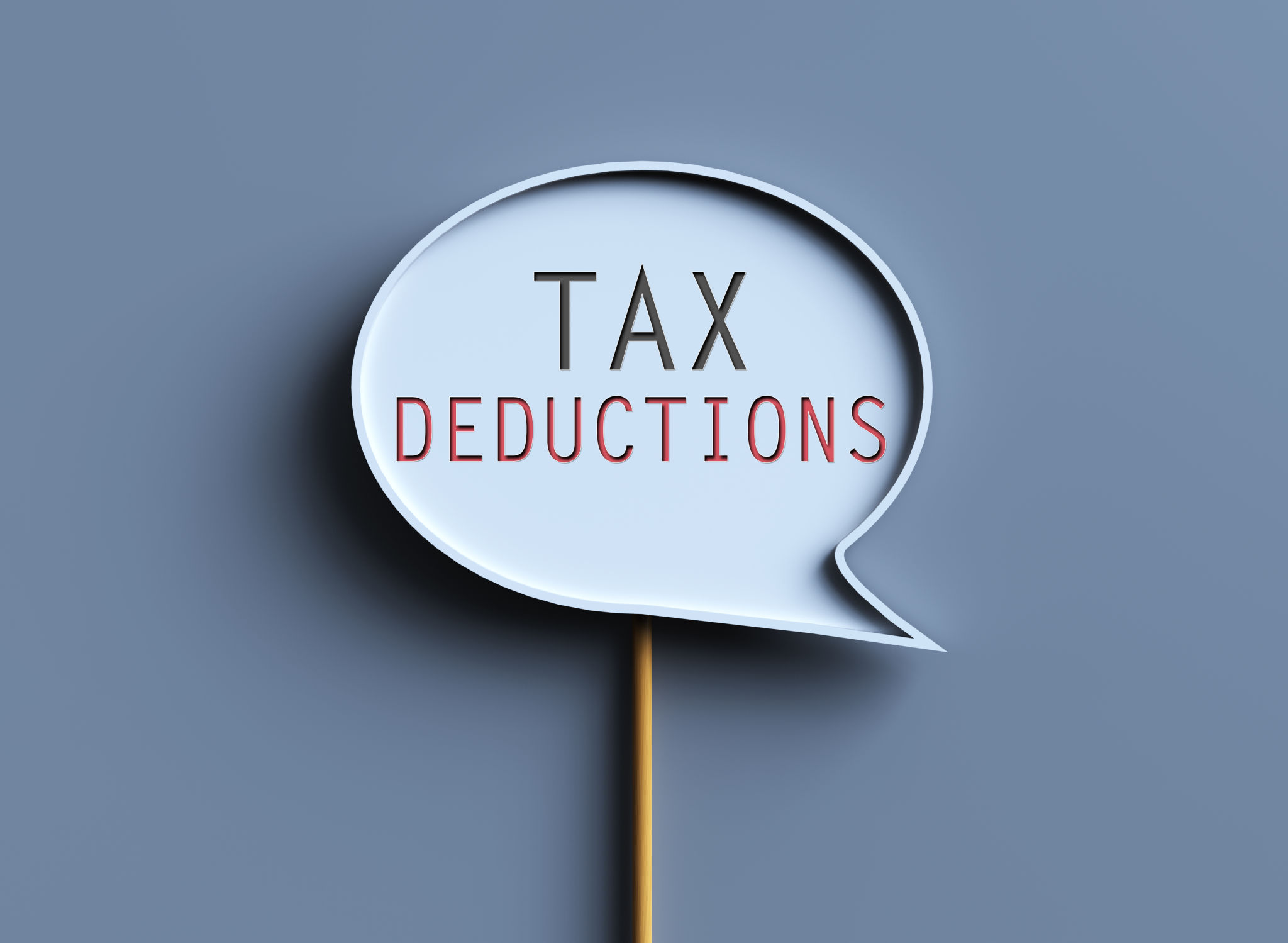Common Tax Filing Mistakes and How to Avoid Them
Understanding Common Tax Filing Mistakes
Filing taxes can be a daunting task, even for the most organized individuals. Every year, millions of taxpayers make mistakes on their returns, leading to delays, penalties, or even audits. Identifying and understanding these common errors can help you file your taxes more accurately and efficiently.
One frequent mistake is entering incorrect personal information. Ensure that your name, Social Security number, and other personal details match those on your Social Security card. Even a small typo can cause significant delays in processing your return.

Missed Deductions and Credits
Another area where taxpayers often go wrong is in missing out on deductions and credits. Many people leave money on the table by not claiming all the deductions they are eligible for. Commonly overlooked deductions include student loan interest, state sales tax, and medical expenses. Be sure to research what deductions apply to you.
Additionally, tax credits such as the Earned Income Tax Credit (EITC) and Child Tax Credit can significantly reduce your tax liability. It's crucial to understand the qualifications for these credits and ensure you meet all the criteria before claiming them.

Incorrect Filing Status
Choosing the wrong filing status is another mistake that can affect your tax return. Your filing status impacts your tax rate and eligibility for certain deductions and credits. Common statuses include single, married filing jointly, married filing separately, head of household, and qualifying widow(er) with a dependent child.
You should review your situation each year to ensure that you select the correct filing status. Life changes such as marriage, divorce, or the birth of a child may influence your choice.

Mathematical Errors and Incorrect Calculations
Despite the availability of tax software and calculators, mathematical errors remain a prevalent issue. Simple mistakes in addition or subtraction can lead to inaccurate returns. Always double-check your calculations or consider using tax preparation software that automatically performs these functions.
If you prefer manual filing, take your time to carefully check each figure before submitting your return. An error-free return is essential to avoid unnecessary complications with the IRS.
How to Avoid Common Mistakes
The best way to avoid these common tax filing mistakes is through preparation and attention to detail. Start gathering your documents early, including W-2s, 1099s, and any other relevant forms. Keeping organized records throughout the year can make this process much easier.
Consider consulting with a tax professional if you're unsure about any aspect of your return. Professionals can provide valuable insights and help you navigate complex tax situations, ensuring you receive all the deductions and credits you're entitled to.
In conclusion, while tax filing can be complex, being aware of common mistakes and taking proactive steps can lead to a smoother filing process. Armed with this knowledge, you'll be better equipped to file an accurate return and avoid costly errors.
